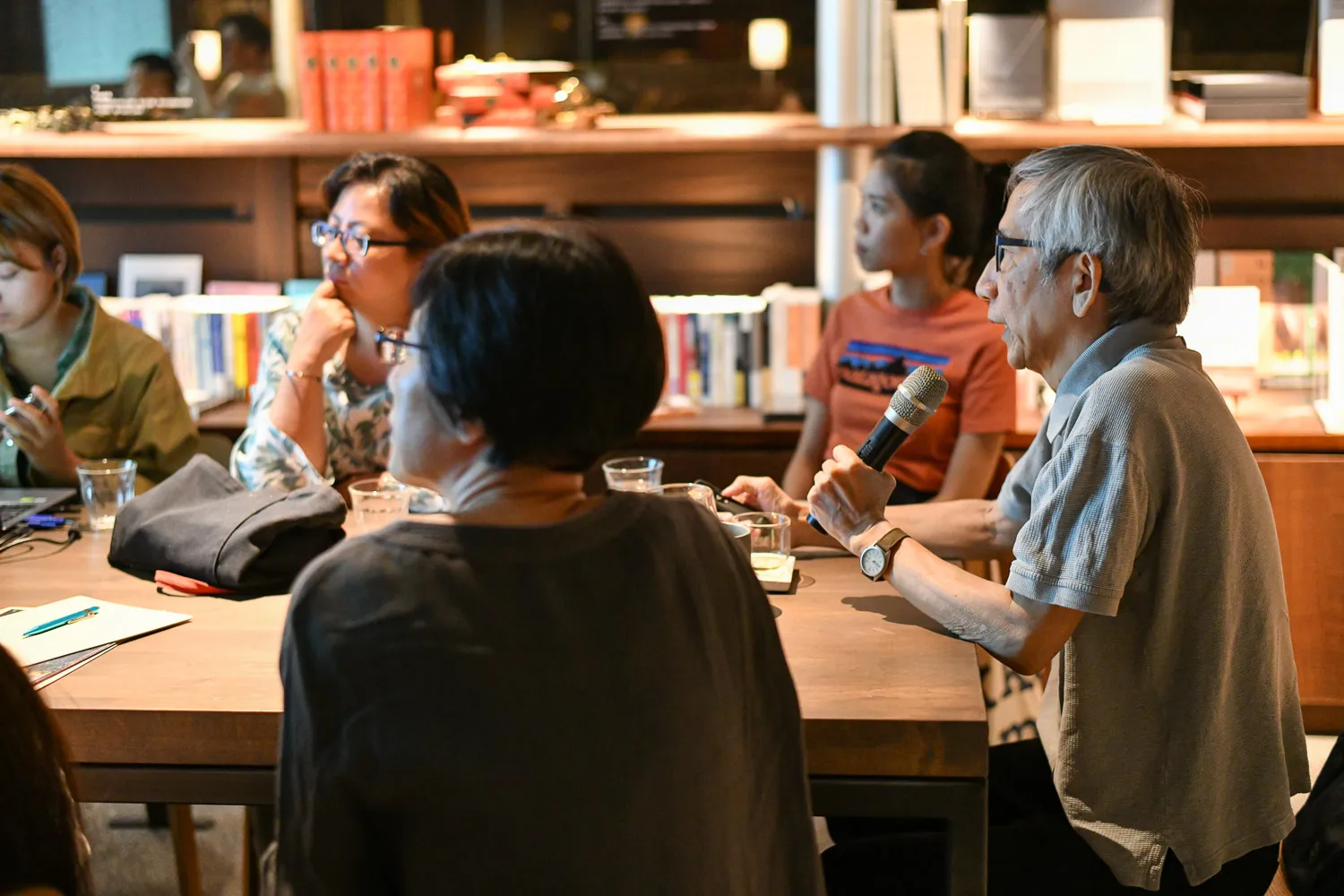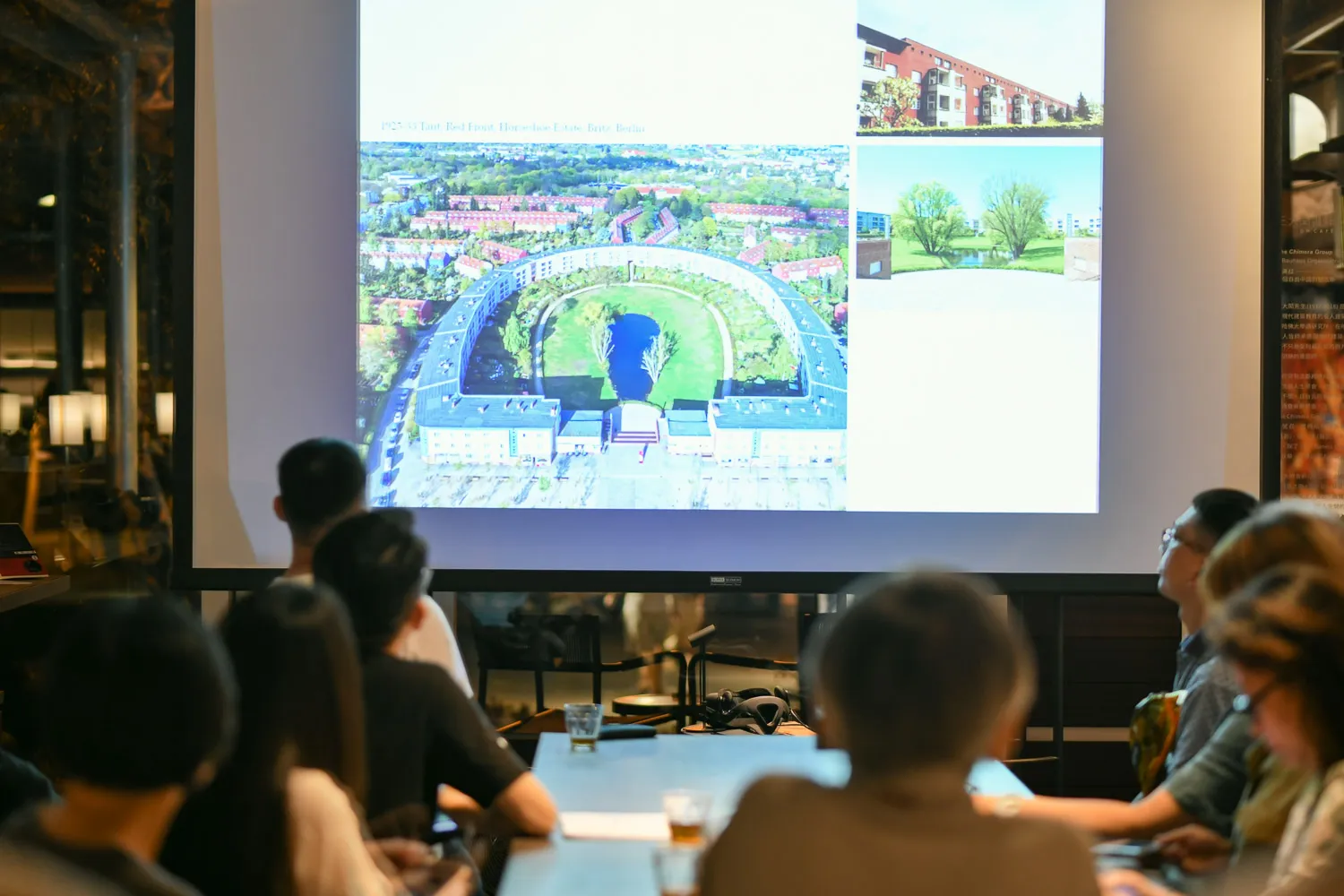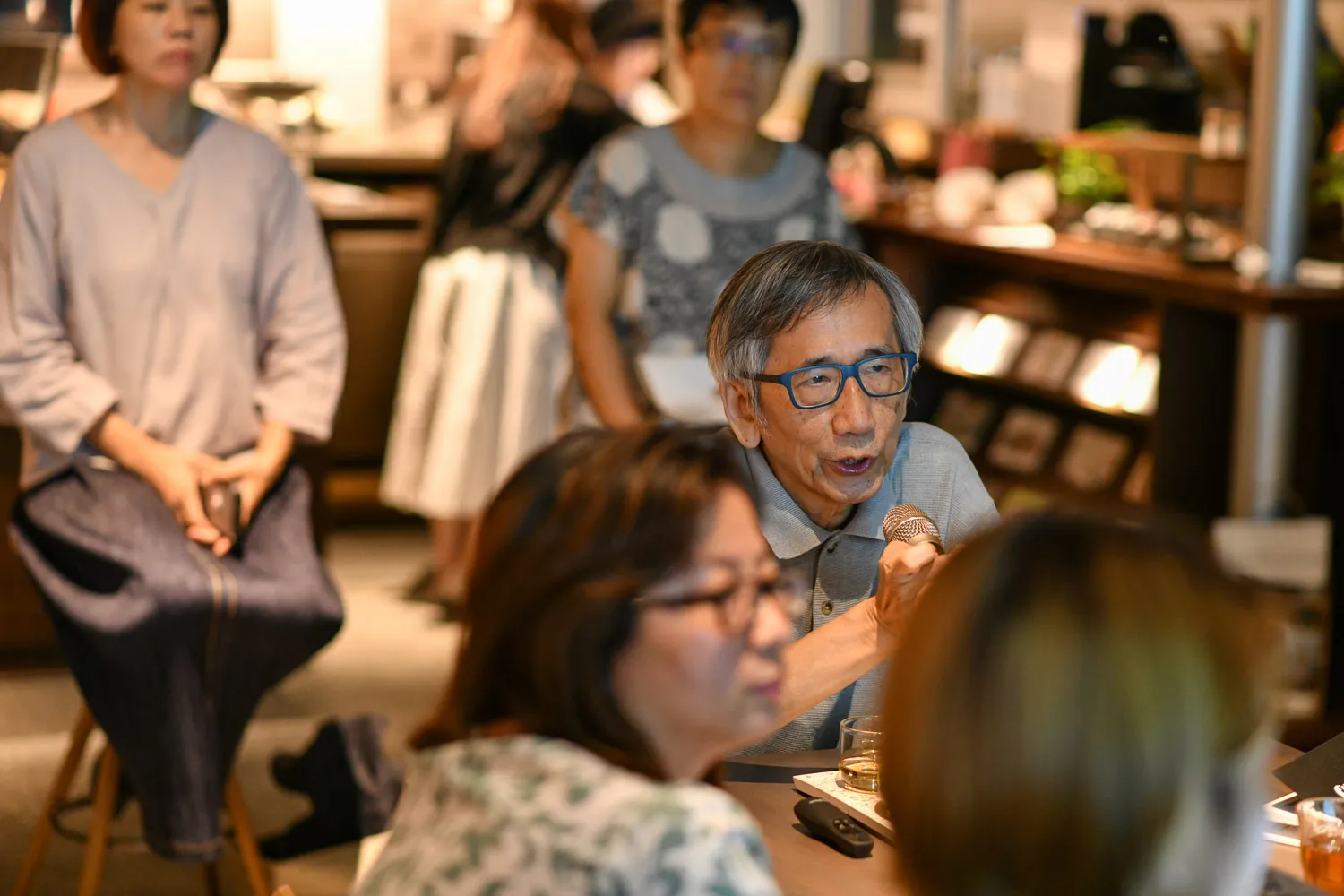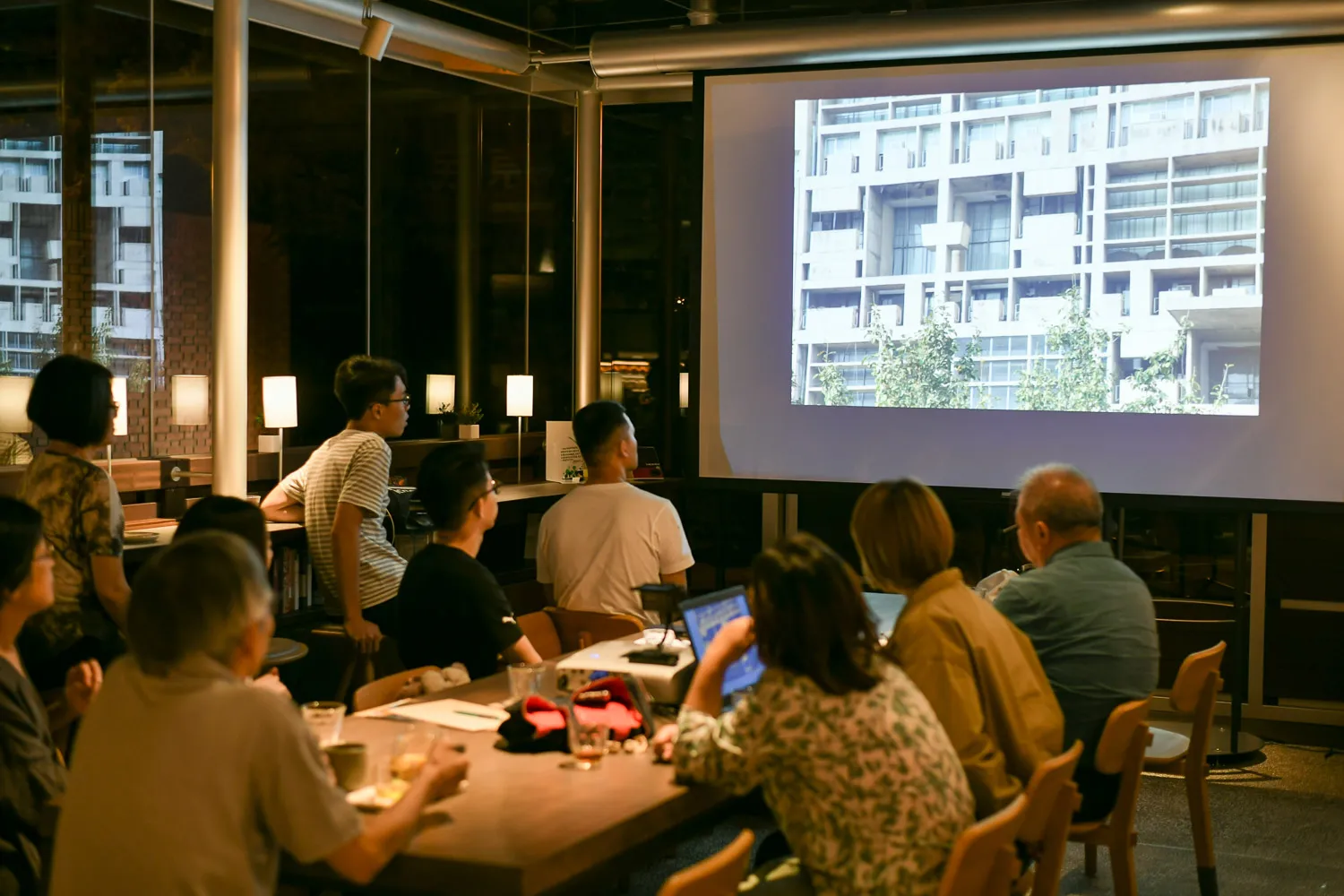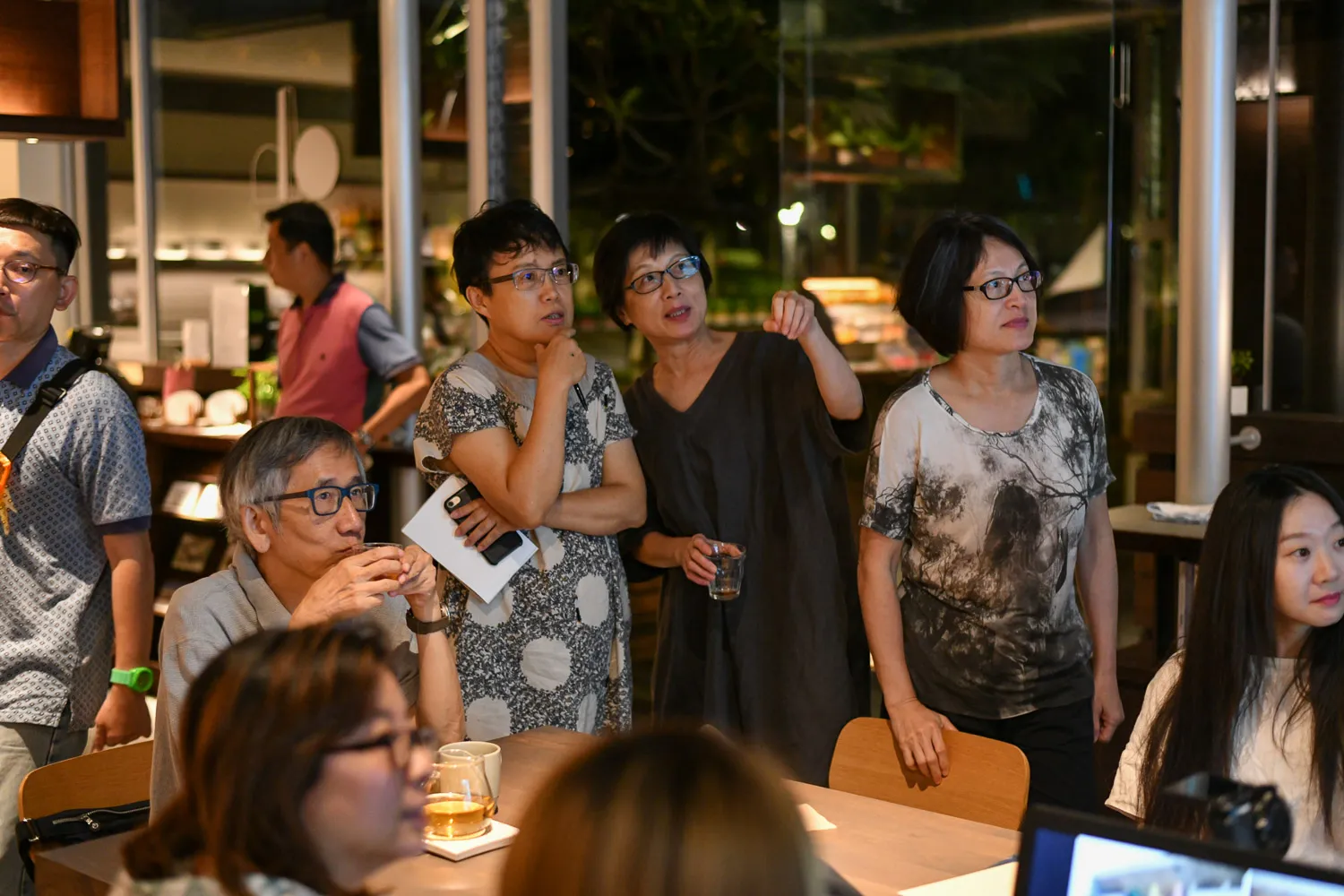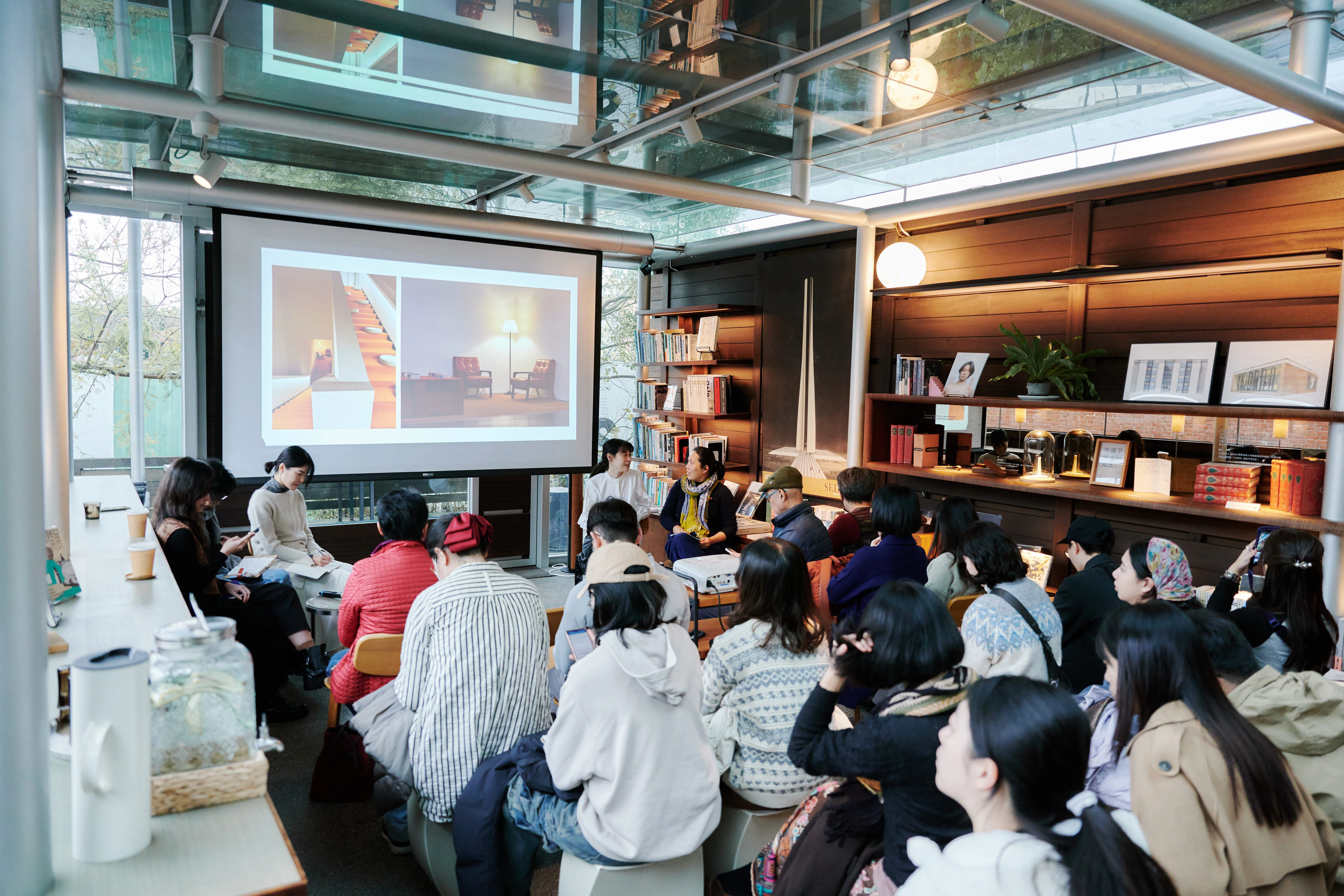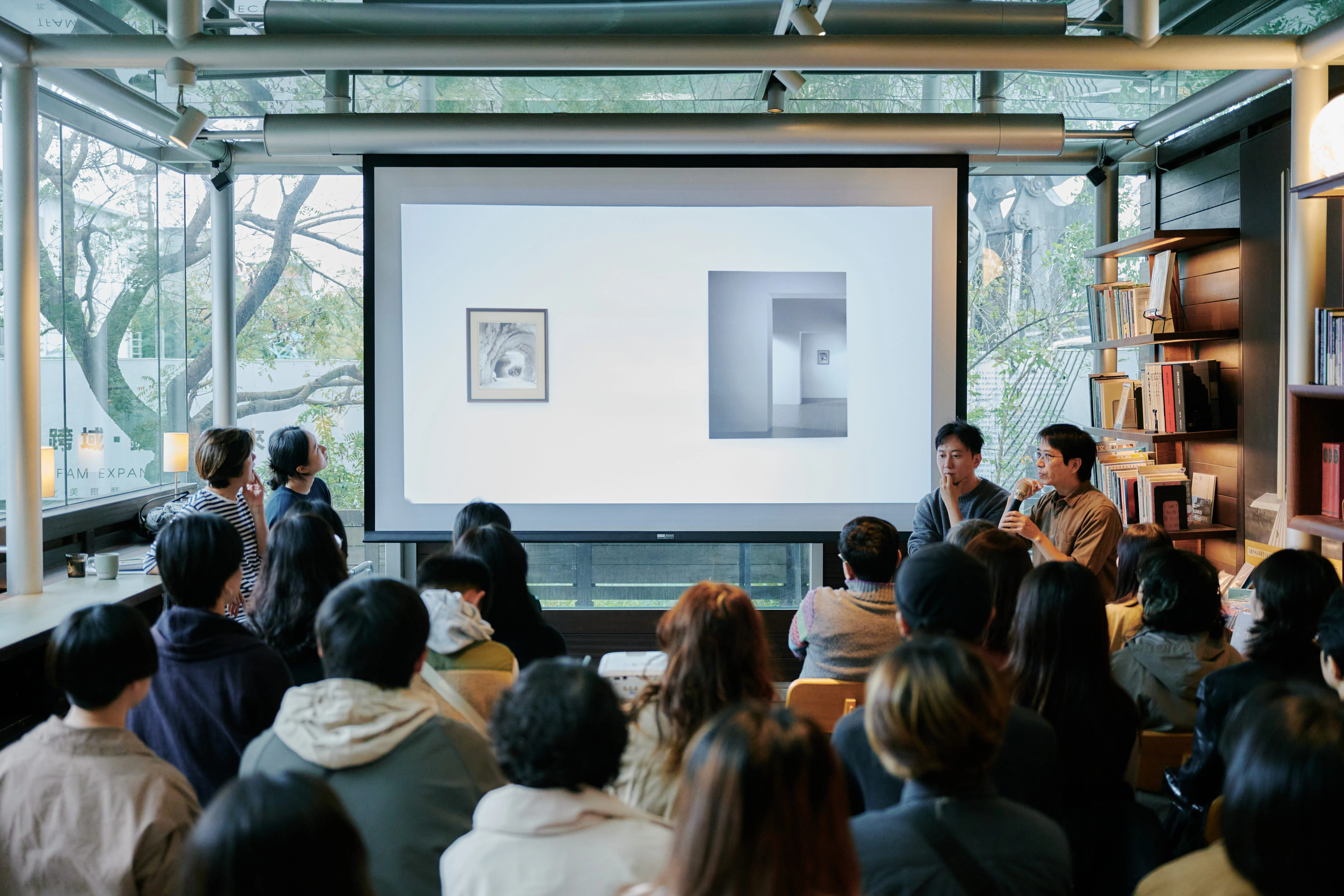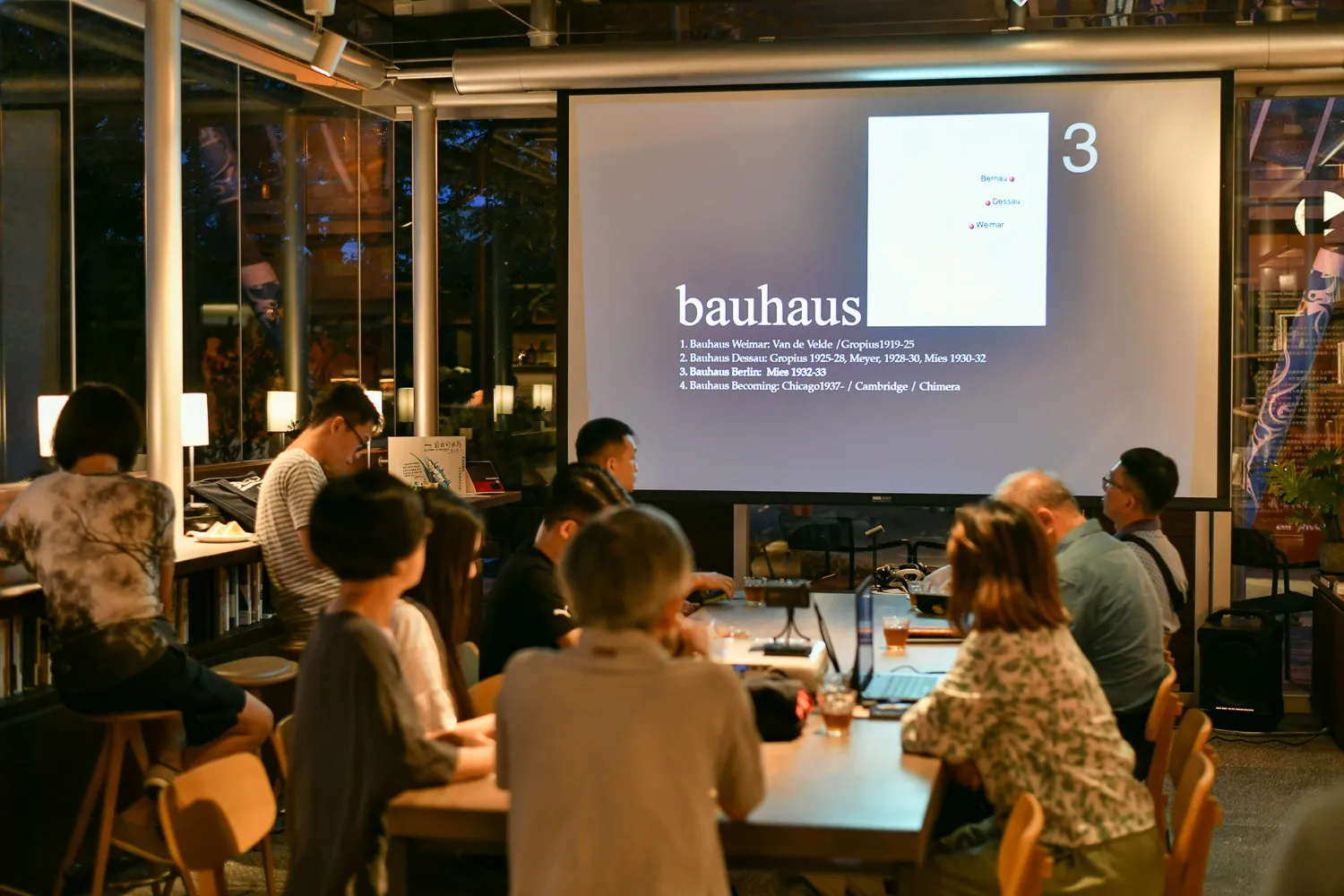
Lecture Series on Bauhaus Centenary and the 1st Memorial Anniversary of Da-Hong Wang| Theme 3: The Chimera Group and the Bauhaus— Bernau bei Berlin 1932-33
Speakers
Chao-Lee Kuo Founder, Taiwan Alliance for Arch Modernity
Location
DH Café (No. 153, Section 3, Zhongshan North Road, Zhongshan District, Taipei City)
Fee
One lecture for $500, including special snacks (sandwiches, desserts, drinks), and 10% discount on event book purchases.
Introduction
Wang was fond of the arts, and in the past, he often invited the arts and crafts community at the time when he built his home in Nanchou and Honglujia. Like Bauhaus, he organized a small society called “Chimera” (named after a lion and lamb-tailed hybrid monster from mythology). Those who frequented the time included Hui Changhui (music), Guo Lianghui (literature), Yang Yingfeng (sculpture), Lang Jingshan (photography), Sidi Dejin (painting), and others. Wang, who initially founded the association, described his efforts with the subtitle “A Bauhaus Organization in Free China”, and can be seen to be deeply influenced by the likes of Grobetz and Mises.
This year marks the centenary of Bauhaus 1919-2019, a special theme, “Chimera and Bauhaus,” will introduce the relationship between the two as the beginning of this series of literary activities. The theme of the lecture is “Bauhaus in Berlin”.
Event Review
Mies van der Rohe once said, “Architecture is the will of the age expressed in spatial terms—it is mutable, ever-changing, alive,” emphasizing that the arrival of a new era was inevitable. The Bauhaus rode the wave of this new age, but architecture remained inseparable from politics.
As the Bauhaus had been established with funding from the Weimar government, it was long labeled by its critics as a liberal and far-left institution. Once the right-wing Nazis came to power, the school faced relentless suppression. The Berlin phase of the Bauhaus was marked by tenuous endurance, clinging to existence amid mounting political and financial pressures. In 1932, Mies closed the Dessau school and, at his own expense, rented an abandoned warehouse in Berlin to continue teaching. Ten months later, the school was raided and shut down by the Gestapo. Although Mies’s efforts briefly secured its reopening, the Bauhaus ultimately announced its dissolution in 1933.
Its key members soon dispersed abroad. Walter Gropius accepted a teaching position at Harvard University, while Mies was invited to head the architecture department at the Armour Institute of Technology in Chicago (the predecessor of the Illinois Institute of Technology, IIT).

